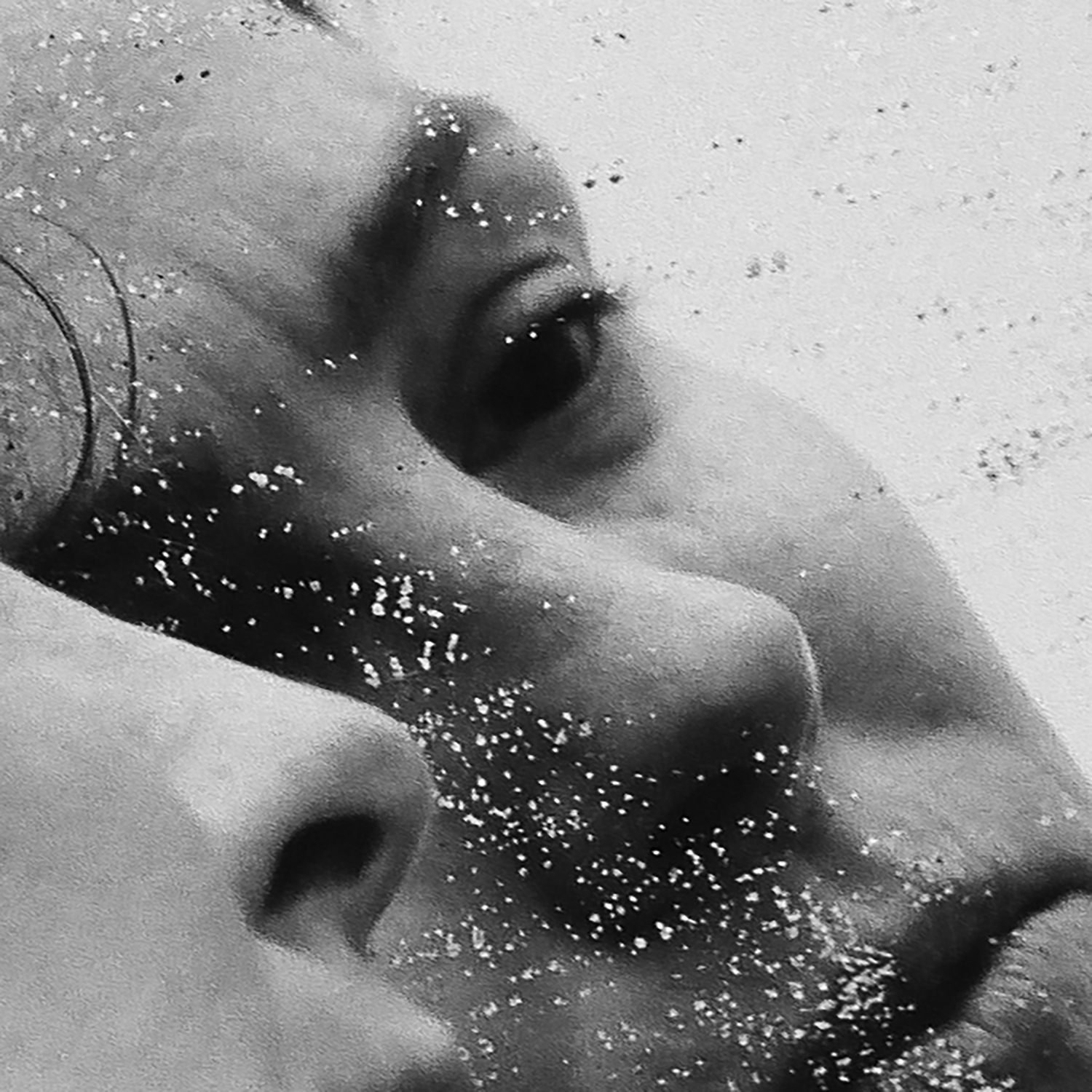Following 2018’s On Dark Horses and her riveting collaboration with Thou, 2020’s May Our Chambers Be Full, Emma Ruth Rundle releases the ‘unplugged’ Engine of Hell. Singing with only guitar and/or piano as accompaniment, Rundle showcases her hypnotic voice, pointillistic lyrics, and knack for simple yet elegantly complementary instrumentation.
“Return” opens with space-y, sonorous piano chords, Rundle’s voice breathy and tensely restrained. While instrumental sparseness often reveals a singer’s limitations, Engine’s austere setting has the opposite effect, spotlighting Rundle’s gift for nuance. Her fluctuations in volume and urgency are brought to the mix’s forefront; her tendency to protract certain syllables while truncating others is quirkily engaging.
With “Blooms of Oblivion”, Rundle merges ‘Judas’ imagery (“You swing like an actor in the greyest of gardens / your tongue hanging free from your mouth”), references to a methadone clinic, and a prayer cum imprecation issued to a hybridization of Christ and the Old Testament Yahweh (“Maker, I’m close to you / to deal your departure / to make sure you’re nailed to the ground”). Reminiscent of Kristina Esfandiari’s and Kristin Hayter’s supplications to and eviscerations of a higher power, the piece moodily and melodically evokes a feeling of destitution and a sense of history tragically repeating itself. When Rundle moans “are we born this way?” she questions the purpose of existence, a forsaken soul appealing for direction while lamenting that her appeals are apparently not being heard, either because there is in fact no God or because whatever God there is no longer pays heed to mortal pleas.
Heavily atmospheric, “The Company” is also notably melodic, bringing to mind some of Liz Harris’s more song-oriented tracks. Devoid of effects, Rundle’s voice transitions seamlessly from loud to quiet, confident to timid, clear to muffled. On “Dancing Man,” Rundle’s gossamer piano chords and tremulous voice invoke a funereal tone. Disparate images (“spring,” “your makeup,” “the urchins parade in their Sundays,” “I see you there, dancing man”) flesh out a paradoxical character, someone who suffered deeply but was also able to celebrate being alive.
On “Citadel”, Rundle loosely harmonizes with herself, the track’s and album’s sonic range expanded by an otherworldly violin part. The chorus of “Razor’s Edge” includes one of 2021’s more pensively hook-laden melodies and may remind some listeners of A.A. Williams’ textural covers album, Songs from Isolation, released earlier this year. “In My Afterlife” describes the experience of dying, presumably including the cessation of ego and desire; the sources, some would say, of our individual and collective suffering.
While some of the instrumental interplays and gestalts of Rundle’s previous work are undeniably stunning, Engine of Hell underscores her gifts as a songwriter and for minimalistic arrangement, also illustrating her talent for unadorned performance. Moving from fetes of sinister folk to unbridled metal splurges to, now, an exemplarily intimate sequence, Rundle emerges as one of the more versatile artists working today.

